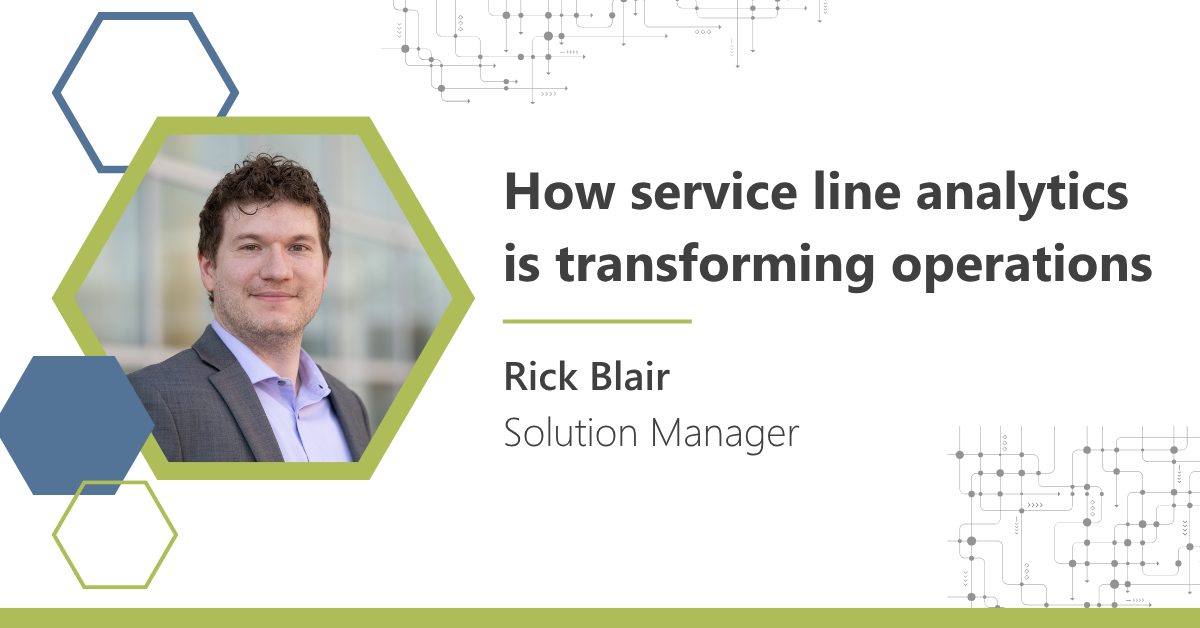 Imagine the delight of receiving a package containing your favorite candy—only to discover it's arrived without a return label, and inside is a gooey mess of unwrapped candy. You can't verify if it’s the Twix bar you love, nor can you check the ingredients or expiration date. Without proper packaging, trust is lost.
Imagine the delight of receiving a package containing your favorite candy—only to discover it's arrived without a return label, and inside is a gooey mess of unwrapped candy. You can't verify if it’s the Twix bar you love, nor can you check the ingredients or expiration date. Without proper packaging, trust is lost.
This is exactly how healthcare data is often delivered to end users—without context or reliability. Just as you wouldn't trust unmarked candy, healthcare professionals can't trust data that lacks proper packaging and validation. At Cardamom Health, we understand the importance of reliable, well-packaged data to empower healthcare analytics.
The “unmarked package” problem in healthcare analytics
In healthcare, data governance is essential, yet many organizations deliver data in an unstructured manner. For example, a Payer Relations Director may need specific data for negotiations. If the data arrives in the form of raw spreadsheets without explanations on the data source, reliability, or transformation methods, the user is left confused and distrustful of the data. This scenario is common in many healthcare organizations where raw, uncontextualized data is provided, leading to inefficiencies.
Fortunately, this can be addressed through the use of self-service reporting tools offered by healthcare analytics services like those provided by Cardamom.
Solving the “unmarked package” problem with self-service Tools
Independent reporting is becoming a key solution for healthcare organizations looking to empower users with data autonomy. Tools like Power BI and Epic’s Slicer Dicer allow healthcare professionals to generate reports independently and explore data without relying on IT or data teams.
Key features of a successful self-service tool:
- Defined data models: Well-structured data models, schemas, and metadata.
- User-friendly semantics: Data presented in clear, business-friendly terms.
- Access control: Robust access control with secure query and visualization capabilities.
By integrating these features, Cardamom helps healthcare organizations build trust in their data, enabling stakeholders to access reliable insights that drive informed decision-making.
The benefits of self-service analytics in healthcare
Self-service analytics offer significant advantages to healthcare organizations:
- Faster decision making: Automated tools streamline decision-making with real-time data access.
- Increased data trust: By providing well-packaged, reliable data, self-service tools build confidence in data accuracy.
- Empowered users: These tools allow users to explore data independently, fostering innovation and personalized insights.
Holes in the self-service package
Despite their benefits, automated tools are not without challenges. Some common issues healthcare organizations face when deploying self-service analytics include:
- Unavoidable ad-hoc requests: Even with self-service tools, data teams will still receive ad-hoc requests, especially from executives like the CFO or CMO.
- Data ownership: Every AI-driven tool requires a dedicated owner responsible for ensuring data quality. Errors can lead to significant issues.
- Training needs: They require thorough training. Not all healthcare employees may take the time to learn new tools, and some traditional reports will still be necessary.
- Governance and security: Strong healthcare data governance is critical. Processes must be in place to manage data storage, security, and PHI protection.
Best practices for implementing self-service reporting
If your organization is considering this reporting through healthcare analytics services, here are some best practices to ensure success:
- Start Small and iterate: Solve specific problems for one department, such as viewing appointment slots beyond the current week. Implementing a self-service Power BI tool can provide real-time insights.
- Ensure strong data governance: Implement strict governance policies to manage data ownership and access control, ensuring data is reliable and secure, especially protected health information (PHI).
- Provide thorough training: Offer comprehensive training programs so employees can effectively use self-service tools, maximizing their benefits.
The shift toward automated reporting is transforming how healthcare organizations use data. Though challenges remain — like governance and training — the benefits of delivering well-packaged, reliable data far outweigh the downsides. At Cardamom, we help healthcare organizations adopt self-service tools, empowering their teams to make informed, data-driven decisions while maintaining strong healthcare data governance.




